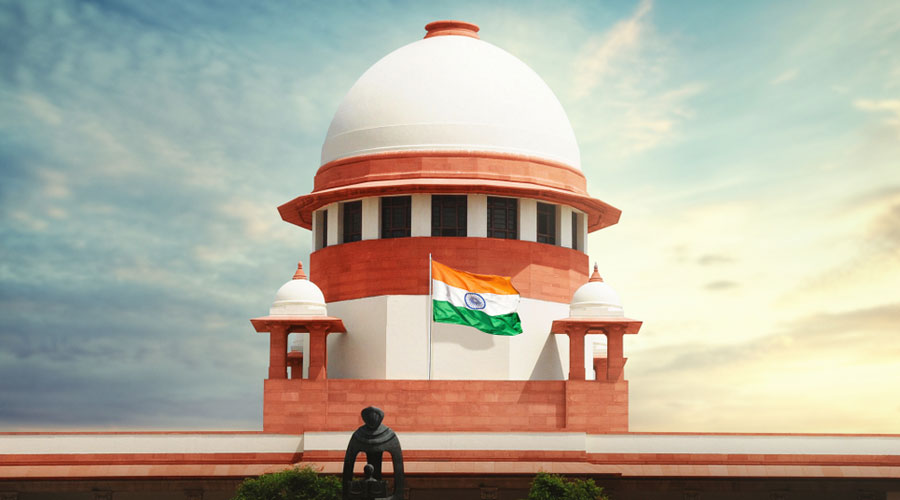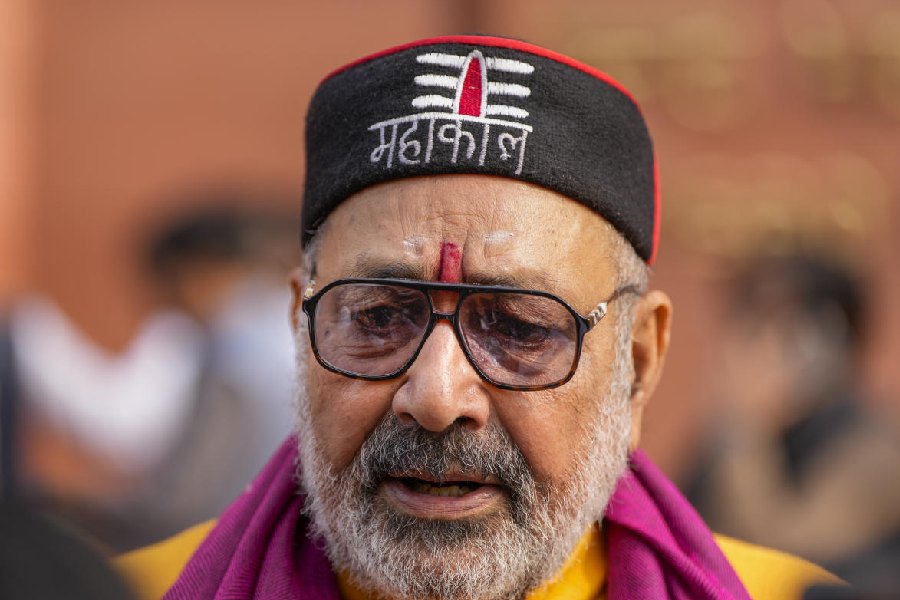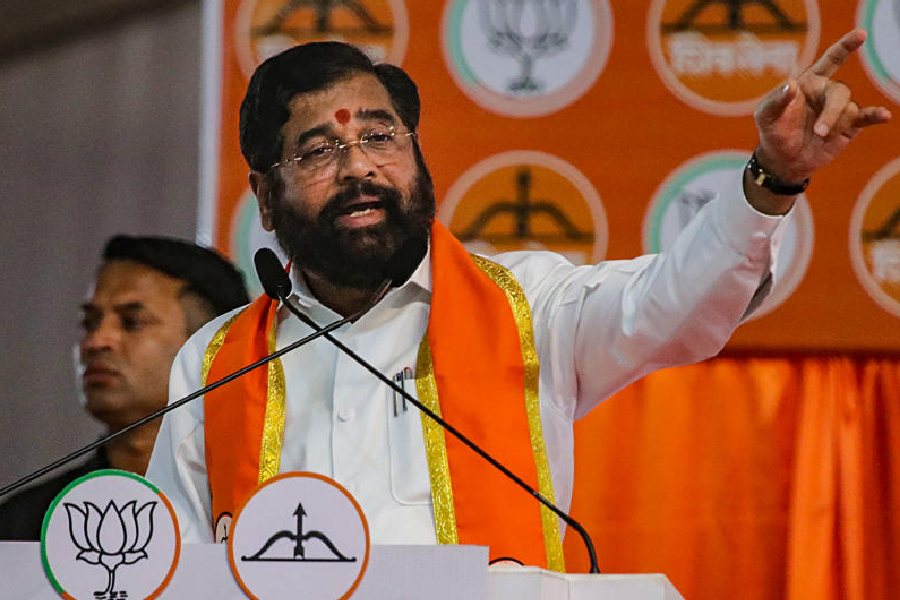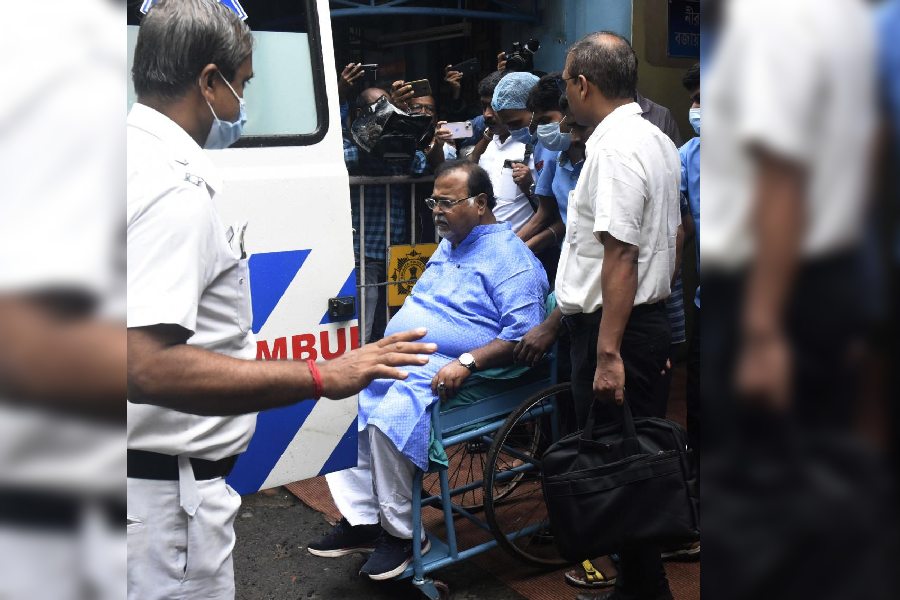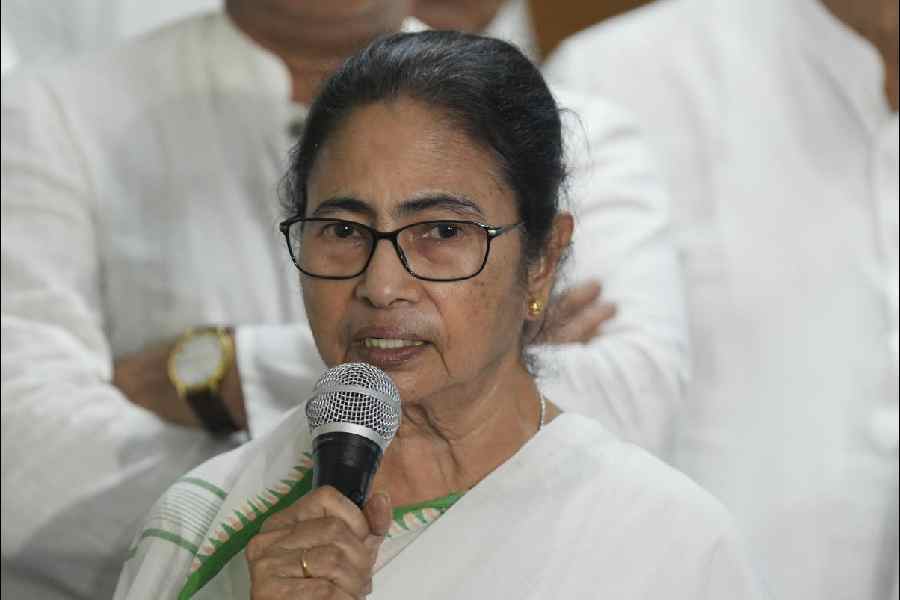The Supreme Court Monday sought the Centre's response on a batch of petitions challenging the constitutional validity of the newly enacted three contentious farm laws.
A bench headed by Chief Justice S A Bobde, in a hearing conducted via video conferencing, issued notice to the central government and sought its reply within four weeks.
The bench expressed surprised on seeing a battery of law officers, including Attorney General K K Venugopal and Solicitor General Tushar Mehta, appearing in the matter even before the issuance of the notice.
"AG, SG, ASG all appear in a matter where there is no cause of action...This in common parlance is called an 'overkill'," it said.
Venugopal told the court that the Centre would be filing a consolidated reply to the petitions.
The bench, also comprising Justices A S Bopanna and V Ramasubramanian, was hearing pleas filed by RJD lawmaker from Rajya Sabha, Manoj Jha and DMK Rajya Sabha MP from Tamil Nadu, Tiruchi Siva, and one by Rakesh Vaishnav of Chhattisgarh Kisan Congress.
The three laws -- Farmers' (Empowerment and Protection) Agreement of Price Assurance and Farm Services Act, 2020; Farmers' Produce Trade and Commerce (Promotion and Facilitation) Act, 2020 and The Essential Commodities (Amendment) Act 2020 -- took effect from September 27 after President Ram Nath Kovid's assent.
The petitions alleged that these laws would dismantle the Agricultural Produce Market Committee (APMC) system intended to ensure fair prices for farm products.
The bench seemed disinclined to entertain pleas against the farm laws and asked lawyer M L Sharma, who had filed a separate plea, to go a high court.
Referring to its earlier verdict, it said that mere passing of a legislation does not give rise to a cause of action. "When you have got a cause of action then come before us. Don't come before us and go to a high court".
This led Sharma to withdraw his PIL and the bench proceeded to hear other pleas on the issue.
Lawyer K Parmeshwar, appearing for Vaishnav, said that the laws interfered with states power and needed examination by the top court.
Jha, who filed the plea through lawyer Fauzia Shakil, said the laws would expose marginal farmers to the exploits of big corporates.
Jha said: "The impugned legislations corporatise agriculture and ushers in an unregulated and exploitative regime. A farmer would not have the knowledge to negotiate the best terms with a private company.
"This leads to unequal bargaining position in negotiating the farm agreement with corporates would lead to corporates monopolizing the agriculture sector."
The plea said the laws have been passed by Parliament "in breach of the Parliamentary Rules and convention and the impugned acts are unconstitutional on the ground that it is discriminatory and manifestly arbitrary and further violates the Basic Structure of the Constitution."
These laws encourage "corporatisation" of Indian agriculture which is the lifeline of the poor farmers and key to the survival of the nations agriculture sector, it said.
They primarily intend to sacrifice the interest of the farmers and leave them at the mercy of the sponsors without any proper dispute resolution mechanism, it said. "The Acts provide for 'farming agreements' between the farmers (of whom 85% are marginal farmers owning up to 2 acres) and the Corporate entities".
It is noteworthy that the farmers by way of these legislations are pitted against the corporates with disproportionate bargaining powers, its said.
The price determination mechanism under new laws is only through the agreements between the corporate entities and farmers and do not stipulate that the price should not be below the minimum selling price (MSP) and does not even guarantee the price given by the APMC, it said.
Instead of the ensuring MSP, the laws intend to corporatise peasant agriculture and erode the existing legal safeguards that prevent direct invasion of rural agriculture market by the monopoly corporate forces, it said.
The laws enable the sponsors to deprive the market committees of their market fee on transaction within the specified Market Yards under the State Mandi Laws, the plea said.
"The farmers currently have the freedom to sell their farm produce to anyone anywhere. The freedom however is not real but is bereft of any safety or guarantees, to protect them against the superior bargaining force of the buyers," the plea said.
"The Acts have been passed in blatant breach of the principles of federal structure of Constitution as 'agriculture' is a state subject under Entry 14 of List II which does not grant competence to the central government to legislate on the issues relating to 'agriculture'. Only State Legislature have the legislative competence to pass laws dealing with the subject," it said.
As per the government, the new law intends to provide a national framework for the farming agreements to protect and empower farmers as they engage with agri-business, food processing firms, wholesalers, exporters and large retailers.
Some parts of the country have been witnessing farmer protests against the new laws.
DMK MP Siva also raised similar issues against the farm laws and said they are prima facie unconstitutional, illegal and arbitrary.
He contended that the Acts are anti-farmer, brought out during the COVID-19 pandemic to benefit few corporations who are close to the corridors of power.
The plea of Congress Lok Sabha MP from Kerala, TN Prathapan was not listed.

